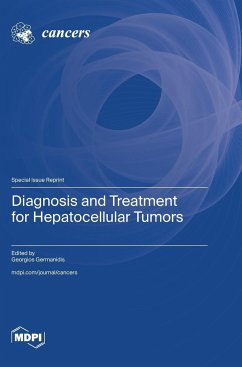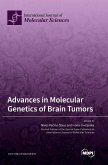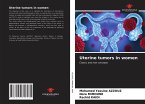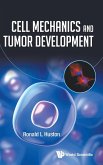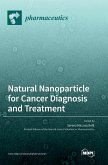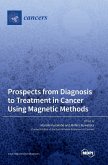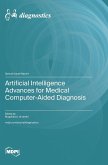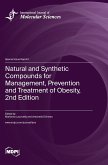Hepatocellular carcinoma (HCC) is the most prevalent primary liver cancer, accounting for >80% of primary liver cancers worldwide. The diagnosis of HCC, relying solely on noninvasive criteria, is currently under debate due to the need for molecular information that necessitates tissue biopsies, while therapy is provided in accordance with tumor stages and the anticipated advantages of major interventions, following the Barcelona Clinic Liver Cancer (BCLC) staging system. Principally, resection, transplantation and local ablation are most commonly performed in patients with early-stage HCC tumors, while TACE and systemic therapy are, respectively, the preferred treatment options for intermediate- and advanced-stage tumors. However, the HCC tumor immune microenvironment (TME) affects the response to current anti-PD-1/PD-L1 immunotherapies. Therefore, an enhanced understanding of the immunobiology of TME is essential for the development of predictive biomarkers of patient stratification and strategies of drug combinations to improve therapeutic efficacy, especially for patients with tumors that are unresponsive to anti-PD-1/PD-L1 therapy. Taking into account the health burden of HCC worldwide, with this Special Issue, we aim to enhance our knowledge of innovative diagnostic and prognostic methods and to discuss experimentation with different novel treatment modalities, believed to be of the utmost priority to progress in our seemingly never-ending fight against hepatocellular cancer.
Hinweis: Dieser Artikel kann nur an eine deutsche Lieferadresse ausgeliefert werden.
Hinweis: Dieser Artikel kann nur an eine deutsche Lieferadresse ausgeliefert werden.

